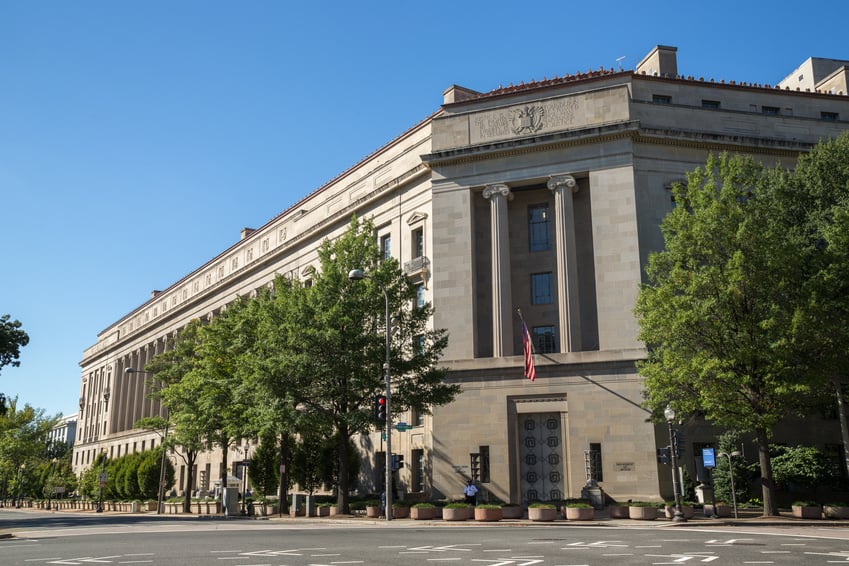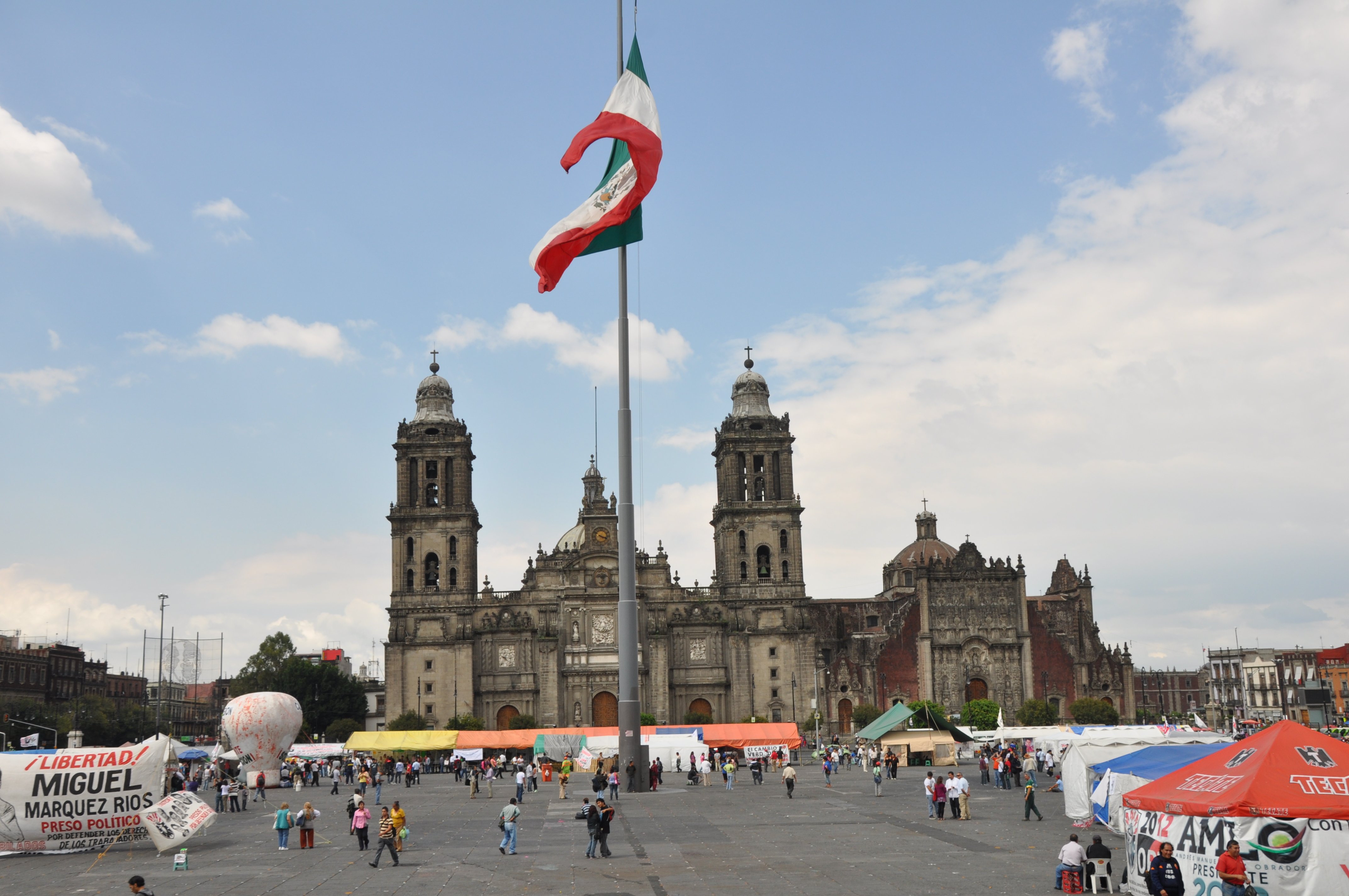On April 22, 2021, Office of the Secretary of the Department of Homeland Security (DHS) and US Customs and Border Protection (CBP) published in the Federal Register a notification of continuation of temporary travel restrictions at land ports of entry and ferries between the United States and Mexico from April 22, 2021 to May 21, 2021.
With COVID-19 vaccinations finally here, organizations looking to protect their workforces and promote business continuity must navigate a fast-evolving framework of national protocols and regulatory regimes. An increasing number of jurisdictions across the globe are publishing guidelines and legislation governing the legal and practical aspects of workplace vaccination programs.
On April 22, 2021, Office of the Secretary of the Department of Homeland Security (DHS) and US Customs and Border Protection (CBP) published in the Federal Register a notification of continuation of temporary travel restrictions at land ports of entry and ferries between the United States and Mexico from April 22, 2021 to May 21, 2021. For purposes of the temporary alteration in certain designated ports of entry operations authorized under 19 U.S.C. 1318(b)(1)(C) and (b)(2), travel through the land ports of entry and ferry terminals along the United States-Mexico border shall be limited to “essential travel.”
As vaccines become more readily available in Mexico through the National Vaccination Policy, employers have lots of questions about how this changes the return to the workplace. In this video, our Labor and Employment lawyers discuss the vaccine policies and procedures being adopted by Mexican employers, as well as the legal and practical considerations to address.
In brief The amendments to the Law that oblige financial institutions to obtain and store real-time geolocation of…
In brief The Mexican government published a Decree that amends and incorporates several provisions of the Power Industry…
Scrutiny by tax authorities can only be expected to intensify because of the pandemic’s impacts on the global economy and tax revenues. As companies themselves recover and reassess their affairs post-pandemic, timely resolution of tax disputes is ever-critical. To help you understand tax dispute resolution options available by jurisdiction, the…
Baker McKenzie Latin America Financial Institutions industry group’s FintechFest is the first of a series of webinars that aims to…
On 4 November 2021, the Federal Consumer Protection Agency (PROFECO) issued two draft agreements relating to electronic commerce: the guidelines on the Ethical Code on Electronic Commerce (“Code of Ethics”) and the guidelines on the launch of the so-called “Distintivo Digital PROFECO”. The Code of Ethics seeks to establish a set of values and principles for online service providers to protect rights of consumers, promote a culture of responsible consumption, and protect human rights and vulnerable populations. The Distintivo Digital PROFECO, on the other hand, will act as a seal of confidence, with official recognition. Endorsed by PROFECO, it will be granted to online providers that, under PROFECO criteria, fully comply with consumer protection rules and the Code of Ethics.
In brief On 19 January 2020, the Central Bank of Venezuela (BCV) issued new rules on the constitution of legal reserves of banking institutions (“Resolution”).1 The Resolution entered into force on 20 January 2020 and repealed the Resolution No. 20-03-01 (Official Gazette No. 41,840 of 30 March 2020). The legal reserve…



